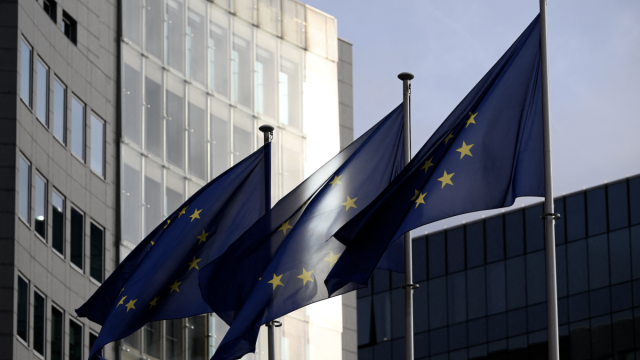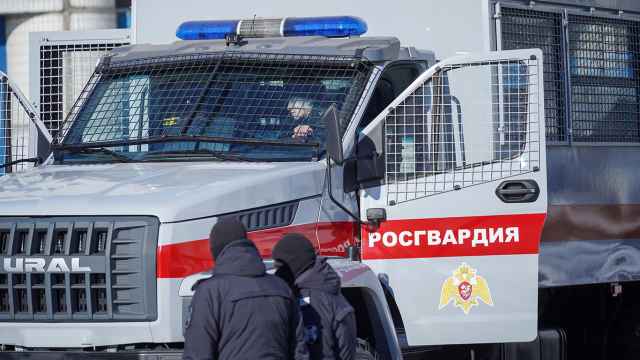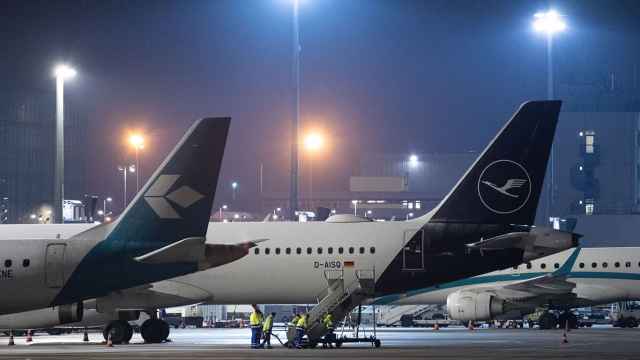President Dmitry Medvedev made a new attempt to fight bureaucracy with more bureaucracy by creating a working group to improve the way officials handle public complaints, the Kremlin web site reported Monday.
The group will “coordinate and evaluate” work with complaints against state officials and bodies of all levels, the report said. It did not elaborate on the tasks or specify whether the group will handle only complaints filed with the Kremlin or with other state agencies as well.
No one was available for comment at the Kremlin's press office Monday.
Low-profile Kremlin deputy chief of staff Alexander Beglov will head the group and appoint other members, the report said.
The decree is in line with another Medvedev order, issued earlier this month, that introduces fines of up to 10,000 rubles ($350) for bureaucrats who ignore suggestions from the public.
Current legislation obliges officials to reply to public requests for information and look into complaints, but bureaucrats were free to ignore proposals from citizens prior to Medvedev's decree.
Most rules regulating feedback from officials are routinely violated, not the least because civil servants face no direct penalties for ignoring public requests or replying with runarounds.
Medvedev reshuffled a number of officials Monday, including senior police officers and his own longtime adviser Vladimir Shevchenko, who began serving in the Kremlin under the Soviet leader Mikhail Gorbachev.
Shevchenko, 72, told Interfax that he filed his notice, approved by Medvedev, because of old age. He was Kremlin chief of protocol to former President Boris Yeltsin and an adviser to Yeltsin's two successors.
The official made headlines last April when his driver tried to manhandle a motorist who did not give way to Shevchenko's car, which was equipped with a flashing blue light to give it priority on the road. No repercussions followed.
The president also fired four police majors general in the regions of Belgorod, Amur, Bashkortostan and Moscow, and appointed 11 senior police officers and 22 senior officials at the Investigative Committee, including four deputies to the agency's head, Alexander Bastrykin.
A Message from The Moscow Times:
Dear readers,
We are facing unprecedented challenges. Russia's Prosecutor General's Office has designated The Moscow Times as an "undesirable" organization, criminalizing our work and putting our staff at risk of prosecution. This follows our earlier unjust labeling as a "foreign agent."
These actions are direct attempts to silence independent journalism in Russia. The authorities claim our work "discredits the decisions of the Russian leadership." We see things differently: we strive to provide accurate, unbiased reporting on Russia.
We, the journalists of The Moscow Times, refuse to be silenced. But to continue our work, we need your help.
Your support, no matter how small, makes a world of difference. If you can, please support us monthly starting from just $2. It's quick to set up, and every contribution makes a significant impact.
By supporting The Moscow Times, you're defending open, independent journalism in the face of repression. Thank you for standing with us.
Remind me later.





